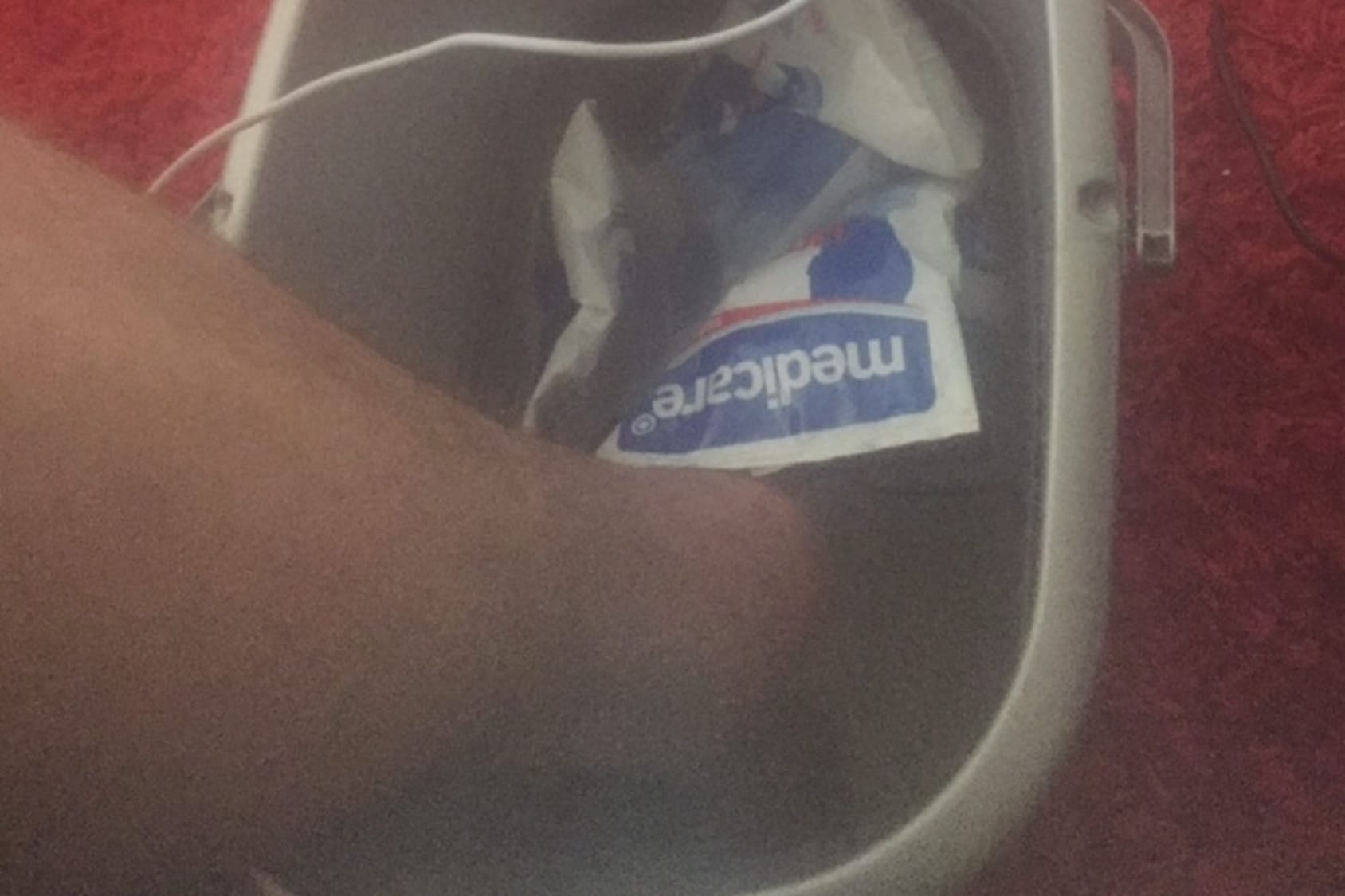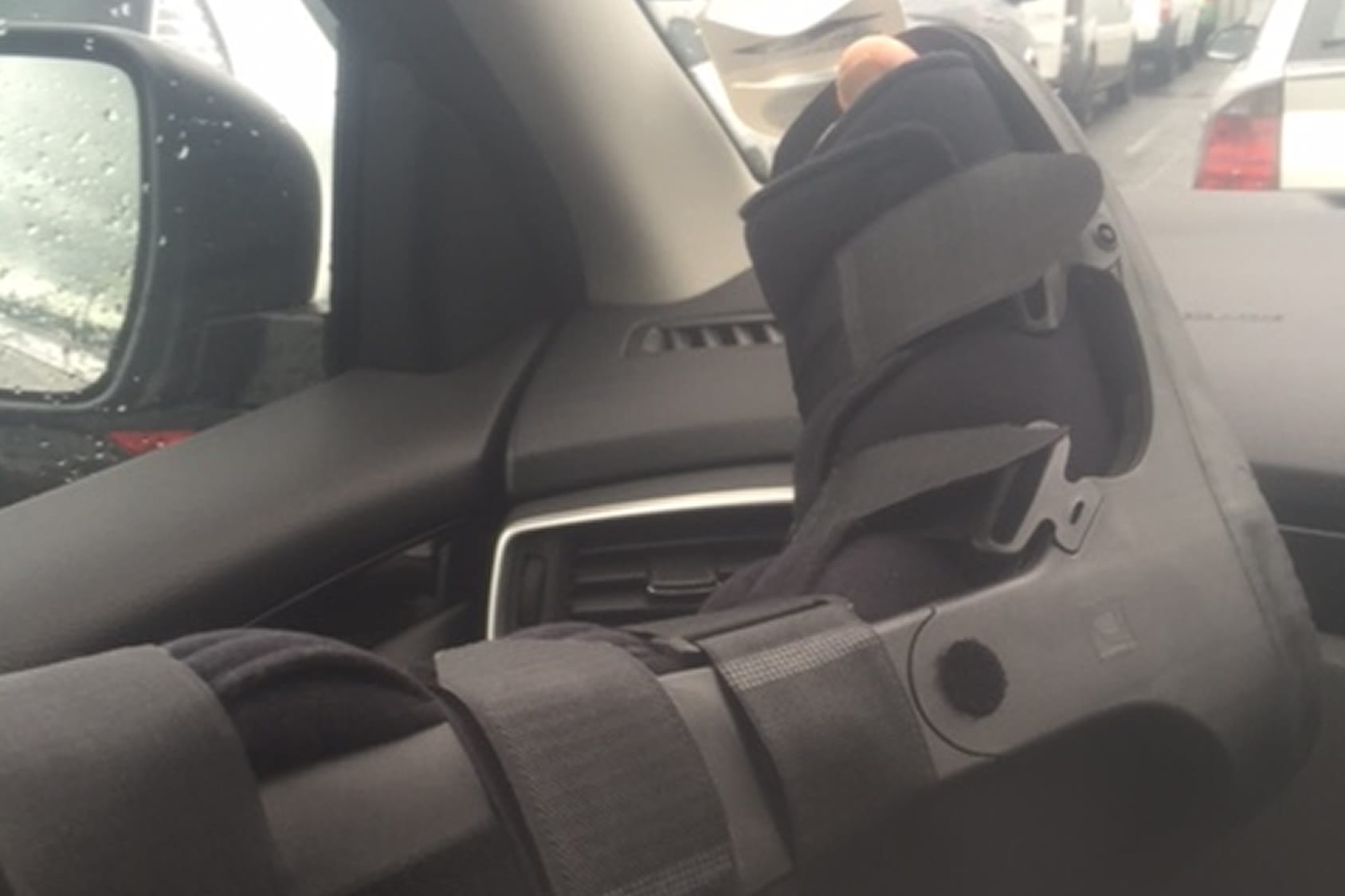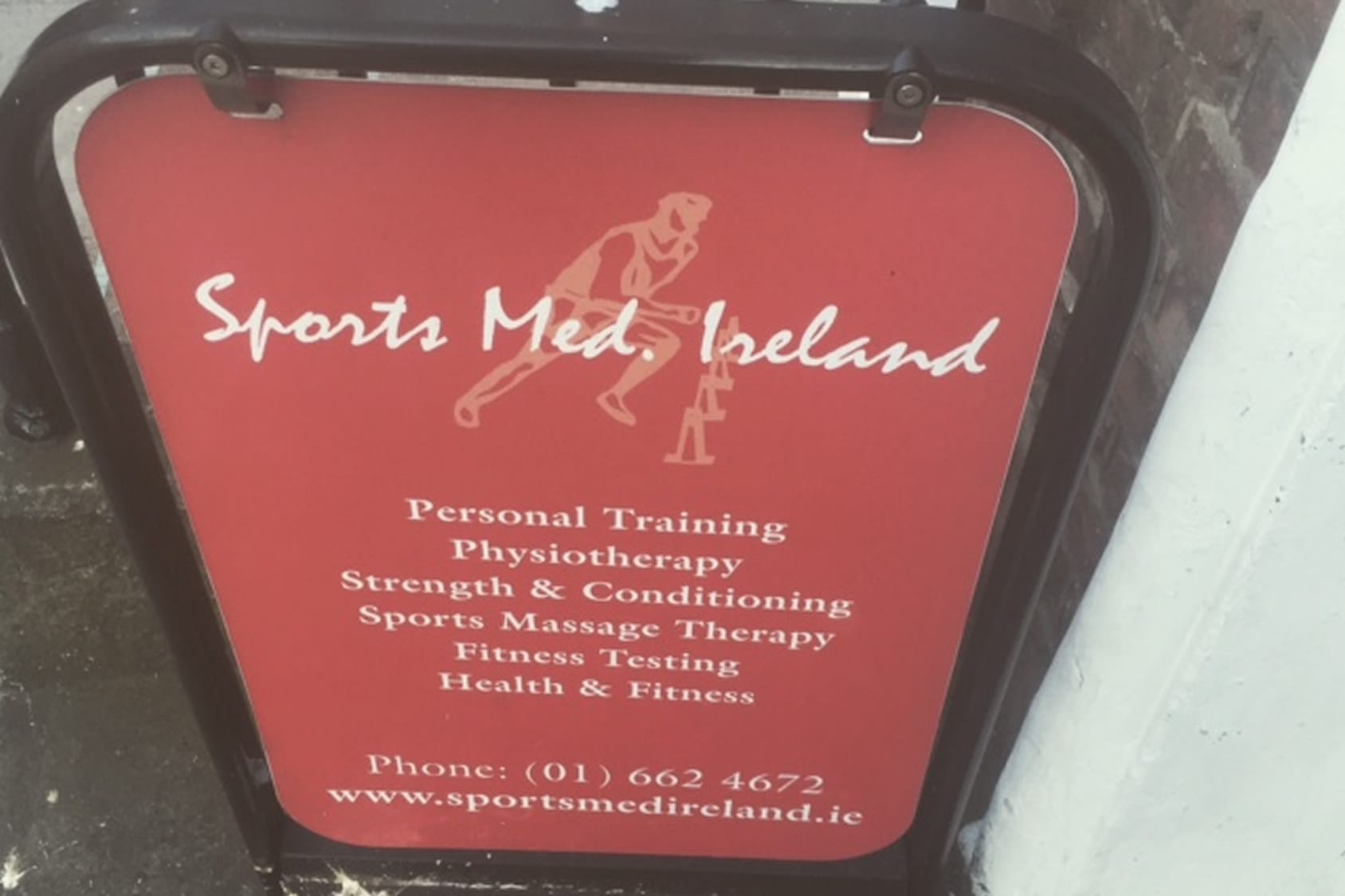The importance of Holistic fitness.
So 10 days after tearing the ligaments in both my ankles in a canyoning accident in Scotland, I have had time to assess and address the situation I have found myself in, just 7 weeks before the Dublin 70.3 Ironman Triathlon, an event I have committed a year’s training to.
Having developed a passionate interest in the academic explanations of performance and sports psychology in recent years, I analysed the various theories and models that are used to assess an individual’s psychological reactions to an injury, to see which one I most related to.
It’s worth mentioning that, although once a professional rugby player, I am not an elite athlete, and this is not my job, but injury can have just as much a psychological impact on amateur athletes as it does on elites, especially considering that exercise and training in my case, is used as an antidote for my anxiety issues.
The Grief Stage Model compares the emotional responses of injury to that of grief, fundamentally saying that emotional response comes in chronological stages.
- Denial
- Anger
- Bargaining
- Depression
- Acceptance
In my case, the only response I can relate to here is acceptance. I immediately accepted the injury and looked at ways of effectively dealing with it, so therefore this model, does not seem relevant to me.
The other model used in performance psychology is called the Cognitive Appraisal Model, which suggests that the cognitive appraisal of the injury, or interpretation of the injury, relates to our emotional responses (anger, depression), which therefore affects our behavioural response.
How we appraise the injury can be down to our history with injuries, our underlining mental health issues, or other more situational and social factors.
This seems more in line with my emotional responses to the situation I am in, and due to years of investment in my own mental fitness, I have been able to appraise this situation with a much more positive and healthier outlook, than I would have in the past.
Firstly, my initial reaction to the injury was that it could have been far worse than torn ligaments in both my ankles. I could have shattered my pelvis, or had a spinal injury.
Straight away, this approach led to a far more positive emotional response. I felt relieved, grateful and determined to come back stronger. This therefore affected my behavioural responses. Of course I had my few days of feeling sorry for myself, and demolishing industrial size packs of malteasers, but in the 48 hours after the event, it was important to rest the legs.
Four days after the injury, I got assessed by my physio and Ironman coach, Mark, in Sports Med Ireland, and then was sent for an MRI with my old rugby teammate Jim O’Donovan. The fact that I had immediate and expert support as a resource was another reason to be grateful. We spoke about the reality of me being back for the 70.3 Dublin Ironman, and how and if this was possible, I would have to work insanely hard to achieve it.
Because my emotional response to the injury was so positive, my behavioural response, was to surround myself in a supportive environment that promotes recovery. I have no time for toxic attitudes or behaviours.
If this had happened 5 or 6 years ago my response would have been entirely different. I would have become deeply depressed. I would have abused alcohol and ate shit food, and would have sat on the couch for weeks being a total prick to everyone around me. At the moment I am looking at every possible thing I can do to give me a better chance of being able to reach the start line on the 8th of August for my race. I am back at rehab in the gym. I am watching my diet carefully. I am icing my ankle as often as possible, while working closely with my physio Mark. Just seven days after the injury I am back on an exercise bike gently spinning my legs, just to get used to idea of it.
This weekend I am travelling to west Cork with the Irish sailing team, who are on a training camp, to do open water sea swimming with Mark. He will tie my legs together so I won’t use my legs, and I will swim in the open water. As I said previously, rather than look at what I can’t do, I am looking at what I can do. I am aware that I may not make the start line on the 8th of August, and if this happens I will accept it and just choose another race later in the year, but every cell in my body believes I can get there. I even have my race bike in my bedroom so I can visualise myself on it when the time comes. I want to stay as connected to training as possible and while I can’t physically train, I can still mentally train.
Looking at the situation I think to myself, when I am struggling mentally, it’s my physical fitness that helps guide and support me through. Now that I am physically injured, it’s my mental fitness that is pulling me through. They work together. Don’t invest in one and neglect the other. Invest in both your body and mind, and in tough times they will come to your rescue.
Support Our Campaign
We rely on the generosity of the public to fund our work and so far together we have achieved great things! Please do continue to support us so we can provide future generations in Ireland with the resources to recognise and talk about their emotions, and equip them to navigate the ever-changing world around them as they grow































